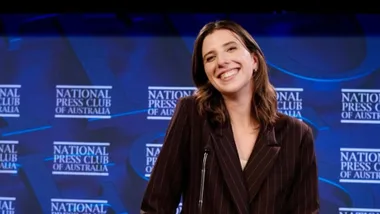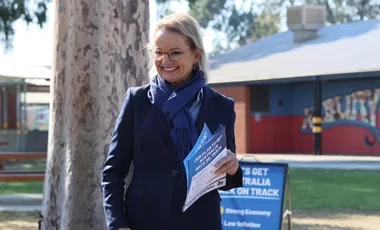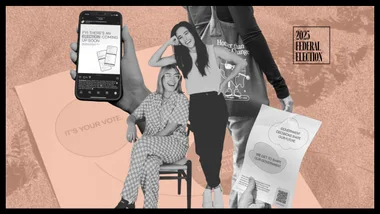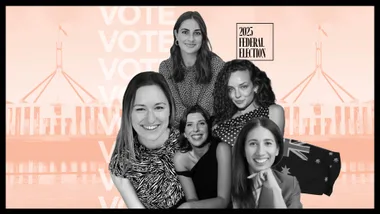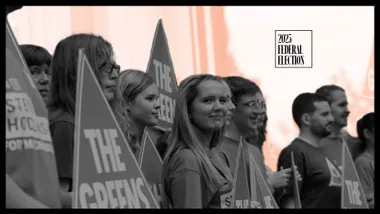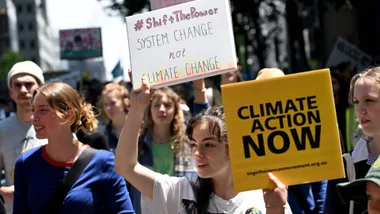Picture this: your spiteful ex-partner posts sexually explicit photos of you online. You had taken the photos together, in happier times, in private. You never intended for them to be broadcast to the world. But you don’t have a legal leg to stand on: according to current laws in most states, the sharing or distributing of sexual images without consent of the person in the photo – ‘revenge porn’ – is not a criminal offence. Yet.
In response to a parliamentary inquiry, the NSW government will take a crucial next step towards criminalising revenge porn, eventually making it illegal to create and distribute sexual images or video without consent. New South Wales would be the third state to do so: in Victoria, the maximum penalty is two years in jail; in South Australia it’s punishable either by a fine of up to $10,000 or two years in jail.
“No one has the right to share explicit photos without consent, and new laws will protect people and make it clear this kind of behaviour is totally unacceptable,” says NSW Attorney General Gabrielle Upton, who is leading the consultation process necessary to change the legislation around revenge porn.
“We’re going to consult on what the offence should look like, what kind of distribution does it have to be, what kind of images, whether a person can be reckless as to sharing images, or if they have to intend to share images,” Ms Upton told the ABC.
The consultation will also investigate confusing (and alarming) laws that implicate teenagers as child pornographers. If you’re under 18 in NSW and you send or share sexual images, even with consent, you can be charged with child pornography. It’s inappropriate, explains CEO of Youth Action, Katie Acheson.
“Legal centres around the country are dealing with daily phone calls from young people who are being charged under the current act; being under 18 and distributing porn, which could actually be a case of you sending it to your boyfriend or girlfriend. It’s a consensual activity yet they’re being charged with a criminal act. They could then be possibly put on the sex offenders list. You don’t want laws that aren’t representing the act that was committed. You want the penalty to reflect what the intention was,” says Ms Acheson.
A study by the Australian Institute of Criminology found that 62 per cent of teenagers aged 13 to 15 had received a sexual image at some point.


